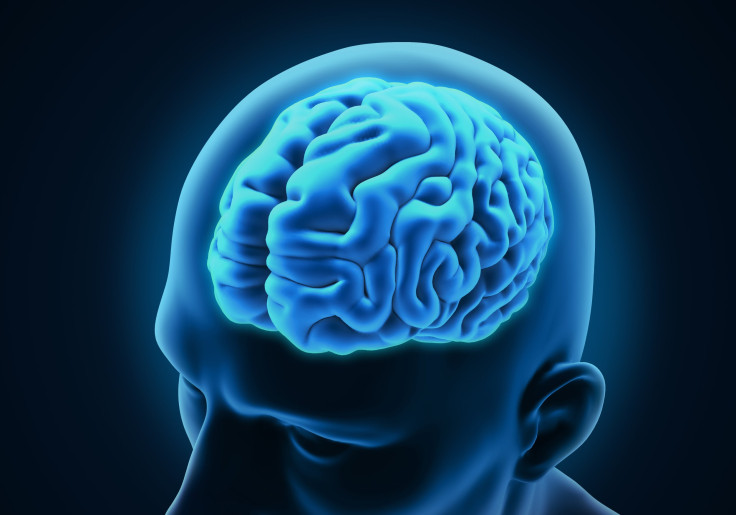People With Psychotic Disorders Have Unique Reductions In Brain Size

A team of researchers have found characteristics in the brains of individuals with psychotic disorders, such as schizophrenia and bipolar disorder, that are specific to their conditions. These findings will help researchers better understand the mysterious pathology of psychotic disorders.
The Harvard Medical School researchers conducted a neuroimaging study on healthy volunteers and patients with schizophrenia, schizoaffective disorder, and psychotic bipolar disorder. The study was one of the largest and most advanced studies to compare the size of the brain in patients with psychotic disorders, Medical News Today reports. A total of 549 patients with psychotic disorders and 336 healthy patients were involved.
All of the patients with psychotic conditions were found to have a reduction in the size of the hippocampus region of the brain that was specific to their condition. The researchers also found that the reductions in hippocampal volume were associated with the severity of psychosis, declarative memory, and overall cognitive performance. While it has been previously suggested that there are certain correlations between the size of the brain areas and schizophrenia, this was never proven to be true for patients with other psychotic conditions. This study is the first to prove that there are volume reductions in the hippocampus in patients with all three psychotic disorders in comparison to healthy patients.
Psychotic disorders are severe mental disorders that cause abnormal thinking and perceptions. Often these patients lose touch with reality. Patients suffering from psychotic disorders are also prone to delusions and hallucinations.
Although the size alterations were quite visible the researchers believe that more work needs to be done before a conclusion is made on the subject. "Yes, the association between hippocampal volume is weak," study author Dr. Matcheri S. Keshavan told Medical News Today. "It is possible that measures of hippocampal physiology and neurochemistry are more sensitive in detecting relationships to clinical features such as psychosis."
These findings are important because significant differences in the layout of the brain may account for different symptoms in patients. The specific differences in the sizes of the hippocampus may affect patient’s abilities to encode or retrieve memories. This would explain why those who suffer from psychotic disorders have an inability to discriminate between past and present memory experiences. “Our observations suggest that changes in the hippocampus, a key brain region related to how we create, store, process, and retrieve memories, may not be confined to schizophrenia alone, but are seen across a spectrum of psychotic disorders," Keshavan told Medical News Today.
In future studies, researchers would like to work with patients who are not currently being medicated to better understand the brain alterations before and after treatment. Researchers would also like to involve patients of different subtypes in the future.
Source: Matthew I, Gardin TM, Tandon N, et al. Medial Temporal Lobe Structures and Hippocampal Subfields in Psychotic Disorders
Findings From the Bipolar-Schizophrenia Network on Intermediate Phenotypes (B-SNIP) Study. JAMA. 2014



























